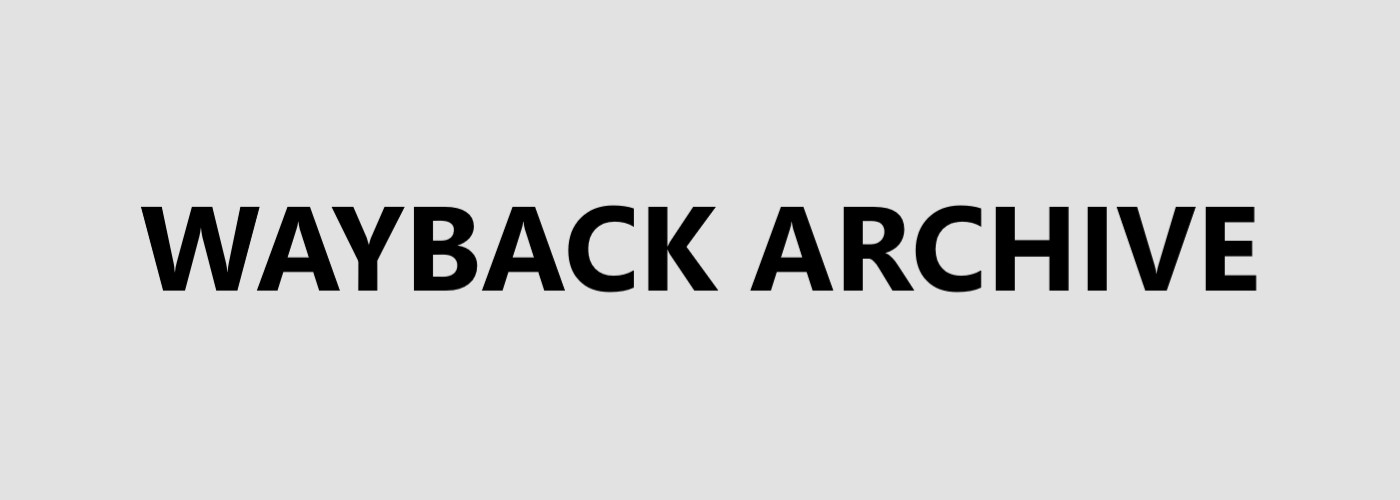Do you KNOW or do you merely SUSPECT?
Many people these days seem to use the words “know” and “suspect”, and “think” interchangeably. If you don’t use these words correctly, it can make $100,000/yr difference in your salary – seriously. Consistently tell people that “you KNOW that …” when you actually don’t know, and worse yet, you turn out to be wrong, then being a Walmart greeter or flipping burgers at McDonalds is the glass ceiling of your career. To become a valuable employee, aka highly paid employee, your reputation has to be flawless. Your reputation is everything, and once you blow it, its gone and you might as well quit and try another career. When an employee tells their boss “I know that …”, the boss will make business decisions based upon what you know and if it turns out that you were wrong then THEIR career suffers and you can bet that your career is over too.
So, just to stay out of trouble why don’t you always use the phrase “I think that…” and strike the world “know” from your business vocabulary. Great question! Its like poker. To win over the long haul you bet high when you have a really good hand and bet low when your hand sucks. Same in the business world. If you know something to within 99% certainty then bet all your chips on it and boldly say “I KNOW THAT”. Bet big to win big. If you know something to with 99% certainty but meekly say “I suspect that ..” then when it becomes true, people only give you credit for guessing right. If you say “I know that..” and are consistently right then you are on the fast track to a six figure salary.
If you carefully choose the words “know”, “suspect”, and “think” then most often you will be using the words “suspect” and “think” because in the real world, there is really very little we know for certain. In those rare occasions when you are 99% sure of something and use the phrase “I know that …”, people around you are going to stop talking, sit up straight, and listen to you.
For some reason it seems more common to exaggerate your wisdom by using the phrase “I know” than it was three decades ago. I don’t know if its just the anonymous nature of the internet lets people safely puff up their egos with all the stuff they “know” or if its a failure of our educational system to teach the scientific method and what it means to “know” something. In any case, many of you who do this will say that you only do it on line and would never do it in a work environment. If this is you then you are only deceiving yourself so put in that application to Walmart now. The problem is that compartmentalizing your life with different behaviors in different groups and situations is a recipe for disaster because you WILL slip. If you want a six figure income then you need to be able to speak in complete, grammatically correct sentences – thats just the way it is. If you talk one way with your friends and then try to talk another way at work its going to cause quite a stir the first time you drop the “F-Bomb” at work. So my point is this, its NOT alright to say “I know that …” even in an anonymous online environment because it teaches you career limiting habits. If you don’t KNOW something, then say “I think that …”
Some examples of proper use of know, think, and suspect:
- I know that 1 + 1 = 2
- I think that E=MC^2 is the best equation we currently have relating energy and mass.
- I suspect that Intermittent Fasting (IF) has little metabolic benefit other than helping with hunger management
- I am 95% certain that this circuit board design will work when we get it back from fab. I have done exhaustive simulation of every possible test case and the chances of bugs are remote.
The last case is one that engineers like myself love to use all the time. We rarely KNOW anything but with experience, we have very good intuition about the likelihood of various outcomes and how to calculate risk. Rather than use imprecise words like “suspect” or “think”, just say it like it is and explain your thought process.
In the online fitness and bodybuilding world, the internet is constipated with all the experts who KNOW everything. They KNOW the best workout, they KNOW the best macros, the KNOW the best way to squat … on and on. Thing is that all these “experts” conflict each other which leaves all the newbies justifiably confused. Why are they conflicting? Because all these high testosterone cavemen love banging their chest proclaiming they “know” when they merely suspect or think – and half of them are WRONG. Fitness “experts” love to point to a research paper that “proves” them correct. Trouble is, when you cherry pick research you can prove anything you want. And anyways, people fail to grasp that research rarely “proves” anything, it merely suggests. When it comes to nutrition, strength training, and bodybuilding, we really “know” very little at all – we cant even answer simple questions like these:
- how long is the optimal workout for mass gain?
- how many reps is optimal for mass gain?
- how many seconds rest between sets is optimal for mass gain?
- what is the optimal nutrient timing for optimal mass gain?
Another problem is that people make the mistaken assumption that if everyone “knows” something that it is indeed correct. For a very long time we “knew” the world was flat. For a very long time we “knew” that eating a high cholesterol diet gave you heart attacks. Its even more important to question the things that we all “know” than it is to question the things we are skeptical about. A really big problem is that in the online world, people can surround themselves with people who think just like them without being forced to hear reasoned arguments from opposing thought camps. The right wing conspiracy theorists only listen to Alex Jones, maybe Fox News on occasion, and everyone else is a “naive idiot”. Online communities often become cesspools of ridiculous dogma that everyone mindlessly parrots – bodybuilding.com and the starting strength come immediately to mind here.
Is any of this making sense?
Be very careful when you think that you “know” something and ask yourself what proof their is for it. Question everything. Be even more careful before you yourself use the phase “I know that …” in any situation, anonymously online or in the work environment. Train yourself to use the words “know”, “suspect”, and “think” accurately and the sky is the limit for your career, fail and flip burgers.
This is the start of my life advice series for teens. The big article I am working on is about how to become “rich” and how to get paid for doing what you love.

